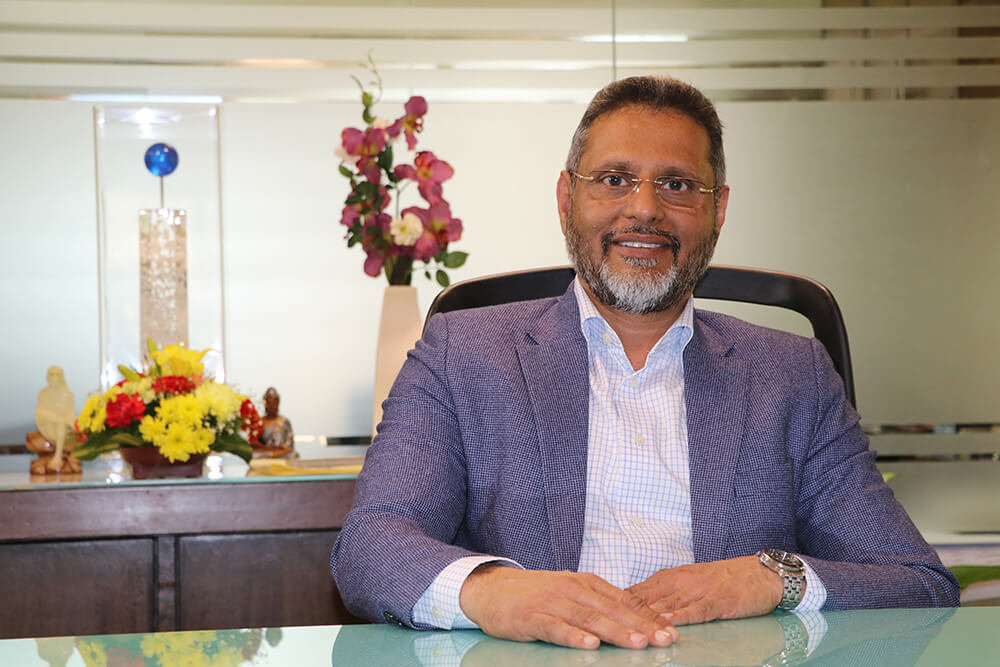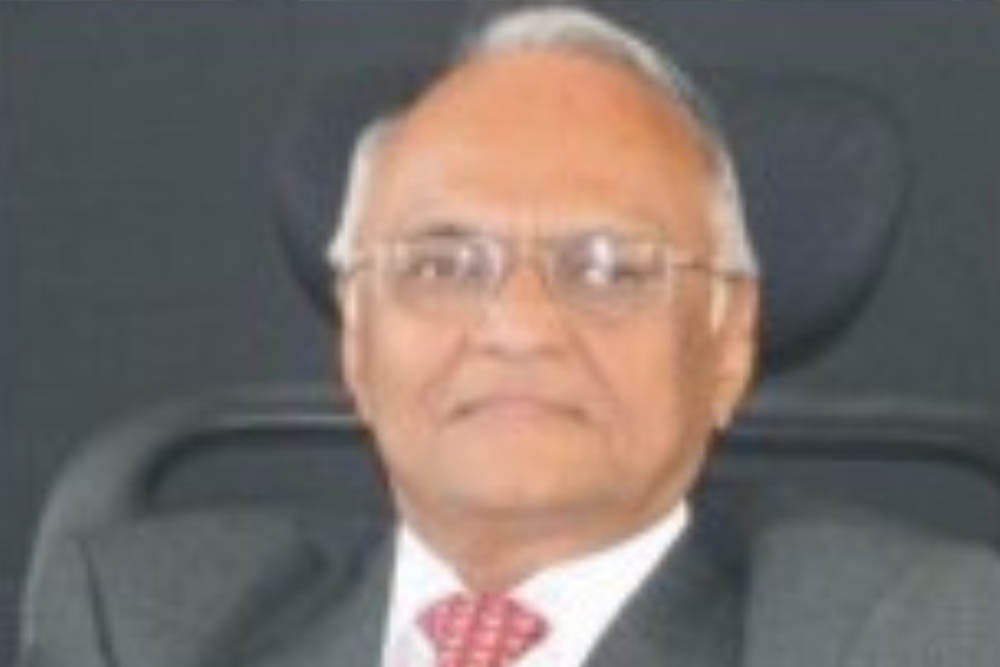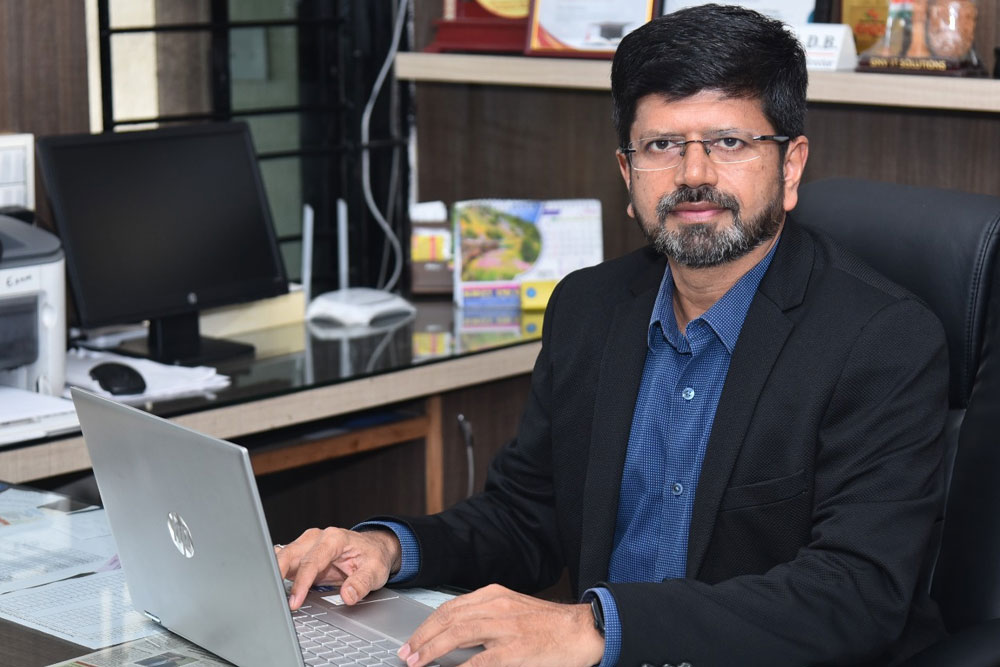 Dr. Chenraj Roychand
Dr. Chenraj Roychand A distinguished Indian educationist, entrepreneur, angel investor and philanthropist with over 40 years of experience...
 Dr. Chenraj Roychand
Dr. Chenraj Roychand  Sri. Achalchand Jain
Sri. Achalchand Jain  Dr. Ganesh D. B.
Dr. Ganesh D. B.  Master of Business Administration (MBA)
Master of Business Administration (MBA)
 Master of Business Administration (MBA) - 120
Master of Business Administration (MBA) - 120
| Academic Year: 2019-20 | |
| Start Date: August 21 2019 | End Date: August 21 2019 |
| Organized by: Women’s Cell | Number of Days: 1 |
| Venue and Time: Civil Block, 3.00 PM | Number of Student Enrolled: 10 |
| Location: JIT, Davanagere | Number of Student participated: 10 |
Event's primary goals were to empower students and bring attention to their hidden talents.
Female students competed in the hair style competition held by the college's women's cell on August 21, 2018, in the seminar hall. Women's Cell set some guidelines for this event, like hair must be damp, hair cannot be coloured, and hair cannot be chopped for any reason. The purpose of the event was to provide female staff members and pupils a trendy look. students enthusiastically participated in the event, learning about the various hairstyle options.
| Academic Year: 2019-20 | |
| Start Date: March 9 2020 | End Date: March 9 2020 |
| Organized by: Women’s Cell | Number of Days: 1 |
| Venue and Time: Seminar Hall, 2 pm | Number of Student Enrolled: 50 |
| Location: JIT, Davanagere | Number of Student participated: 50 |
To celebrate International Women Day and promote awareness about the importance of recognizing and empowering women within the Jain Institute of Technology community.
March 9, 2020, saw a spectacular celebration of "Women's Day" organised by the Women cell of the Jain Institute of Technology, Davangere. Prominent guests, educators, and students came together for a day dedicated to honouring and empowering women. The main speaker is Dr. Preetha B. P, professor at the Department of Biochemistry at JJMC in Davanagere. Honourees were Ms. Nikitha Parmar, Director of Jain PU College, Davanegre, and Mrs. Roopa, Principal of Jain Polytechnic. Prominent individuals presided over the event, including JITD Principal Dr. Ganesh D. B., Prof. Kavitha K. J., Chairperson of the CICC, and student member Ms. Shamhitha.
| Academic Year: 2019-20 | |
| Start Date: June 4 2019 | End Date: June 4 2019 |
| Organized by: Healing Haven counselling cell | Number of Days: 1 |
| Venue and Time: UNION Heal Centre, Davangere, 11.30 AM | Number of Student Enrolled: 30 |
| Location: JIT, Davanagere | Number of Student participated: 30 |
Engage in supportive group therapy sessions delving into the complexities of failure, self-esteem, and motivation, fostering personal growth and resilience. Join us to explore strategies for overcoming setbacks and cultivating a positive sense of self-worth and determination.
Mr. Supra Shetty, UNION Heal Centre, Davangere.
When it comes to making decisions about their future pursuits in many areas, such as relationships, studies, and other areas, the majority of students rely on other or external influences (in the form of guidance) rather than on themselves or internal reasons. Assisting pupils in comprehending themselves—their advantages, disadvantages, dangers, and possibilities—is essential. The primary focus of the session was on the study techniques that students employed to get ready for their exams. Pupils are unaware of their own skills and employ their own learning style. The lecturer covered the various learning methods that can be applied to a study session. The term "learning styles" refers to a variety of disputed and opposing hypotheses that attempt to explain why people learn differently from one another. The idea that everyone learns differently is widely held. A VARK Learning questionnaire was distributed to the students. Prior theories of sensory modalities, such as the representational systems (VAKOG) in neurolinguistics programming and the VAK model of Barba and colleagues, were elaborated upon by Neil Fleming's VARK model. Fleming's paradigm comprises four distinct sensory modes, namely visual learning, auditory learning, read/write learning, and kinaesthetic learning. According to VARK, visual learners prefer to observe (visual aids that convey concepts through images rather than words, such graphs, charts, diagrams, symbols, etc.). Although some psychologists have contended that this "is not an instance of learning styles, rather, it is an instance of ability appearing as a style," other neuroimaging research has revealed that visual learners translate words into images in the brain and vice versa. The questionnaire was given to the students, who were also required to complete the rating at the end. After that, there was an open discussion during which the students were asked about their study strategies. A video clip was played that demonstrated how to recall words by making connections with everyday activities and how to remember objects by utilizing pictures. After the students completed the questionnaire, the speaker discussed the many learning styles that everyone of us possesses. He said that some people might be better at kinaesthetic learning, visual learning, reading and writing, and auditory learning as well. Later in the class, the speaker requested a few students to read out their results. He then went on to explain to them why they had received good scores in the particular learning style; this conversation helped the students determine which learning style they preferred. Subsequently, pupils were divided into groups based on their high ratings in certain areas, like learning styles. Students with high Kinaesthetic learning scores were grouped together, and so on. The group was instructed to talk about the various approaches they would use to exam preparation.
| Academic Year: 2019-20 | |
| Start Date: February 25 2019 | End Date: February 25 2019 |
| Organized by: Healing Haven counselling cell | Number of Days: 1 |
| Venue and Time: Delta services, Davangere, 11.30 AM | Number of Student Enrolled: 40 |
| Location: Delta services, Davangere | Number of Student participated: 40 |
Workshop designed to empower parents in effectively navigating the challenges of parenting adolescents, offering practical strategies and insights for fostering healthy relationships and communication. Gain valuable tools and resources to support your teen's development and strengthen family dynamics.
Ms. Apprmeye M , Senior H R, Delta services, Davangere.
To give parents of institute teenage students better parenting techniques so that there is greater harmony between them and their children. This will ultimately lead to better outcomes, such as a stress-free home environment, increased academic focus, enhanced interpersonal relationships, raised self-esteem, etc. As a person ages, their relationships with their children also alter significantly. Parents’ guide, encourage, and foster their children's growth throughout this formative period. The nature of this relationship usually shifts as young people go through adolescence and into adulthood; it goes from being one in which a parent and kid are dependent on one another to one in which two adults are more equal and supportive of one another.
Ms. Apprmeye M marked the beginning of the event. The speaker led an open conversation about a few problems that parents had when raising their kids at home. The majority of parents complained that their kids weren't learning, weren't respectful or disciplined, didn't comprehend, argued, felt grumpy, asked questions again, and other things. The speaker continued by talking about the four primary parenting philosophies of permissive, authoritarian, authoritative, and neglectful. These depend on how responsive (providing warmth and comfort) and demanding (having a certain level of behavioural control) parents are. The speaker said that failing to strike a balance between these two essential parenting facets can have a very negative impact on kids' behaviour in the future. Children who are raised in homes where one trait is either too or too little present, or worse, when neither trait is noticeable at all, are more likely to struggle with social adjustment and frequently demonstrate subpar academic achievement.
